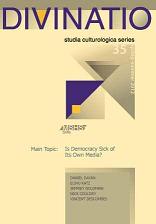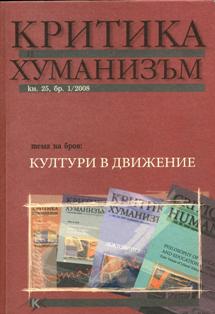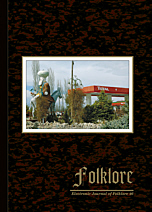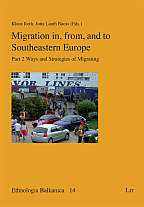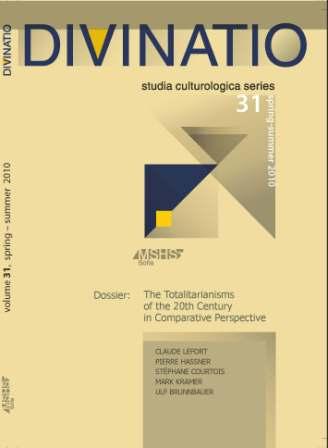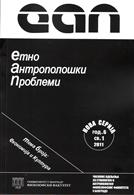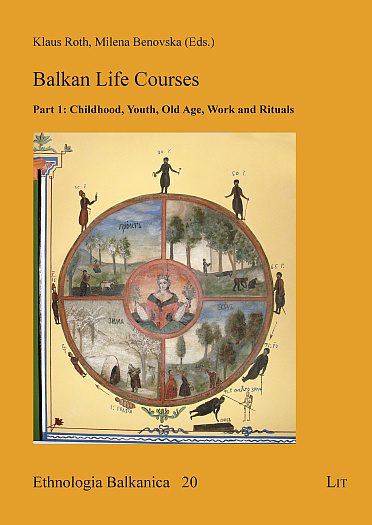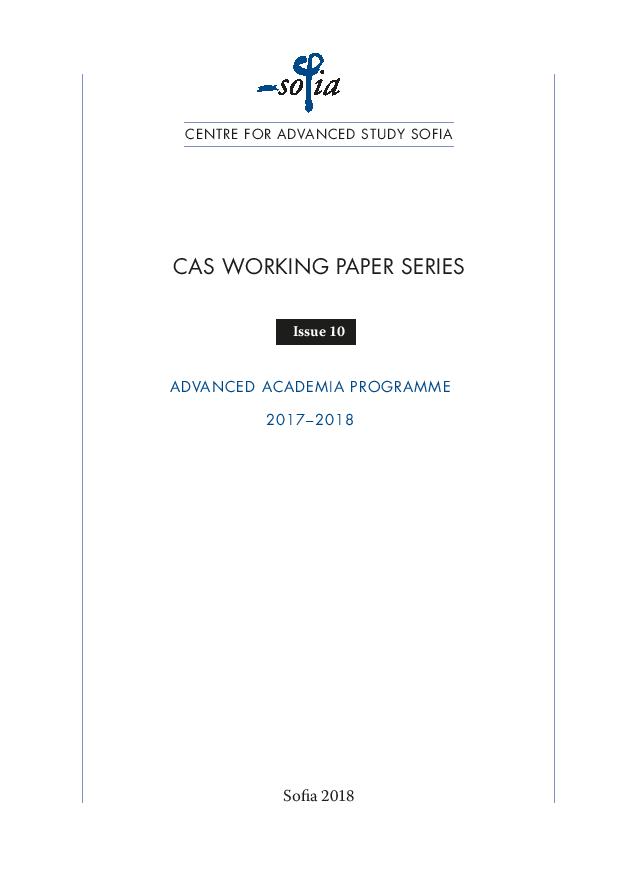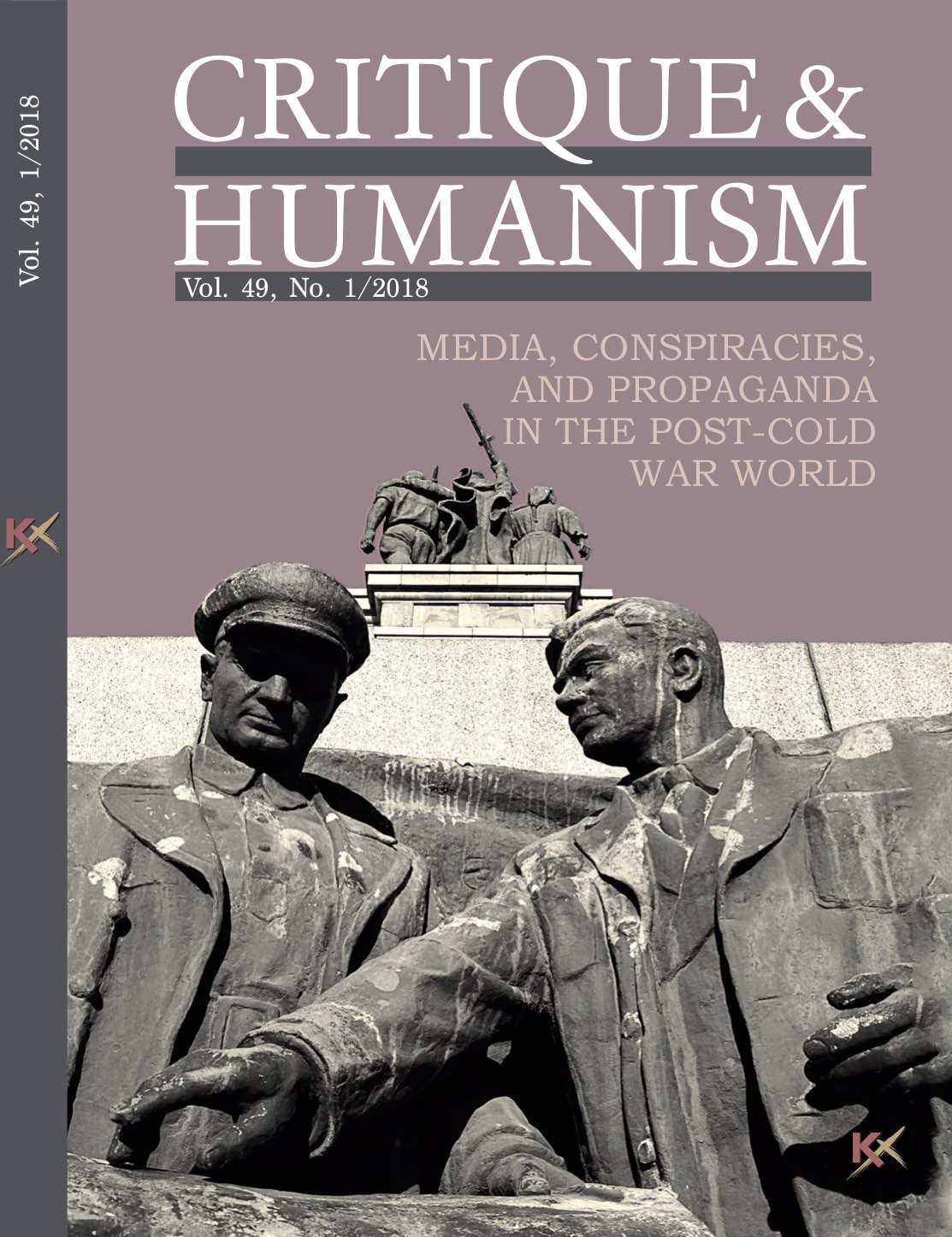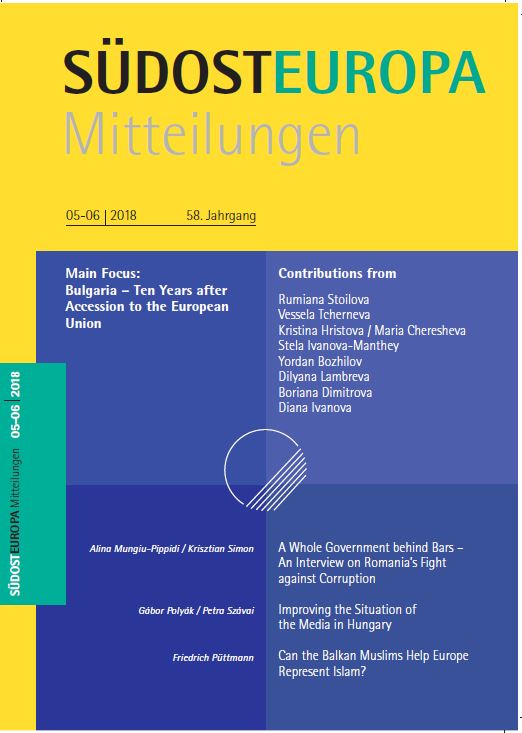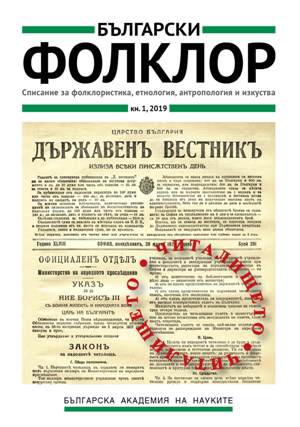Programming EU funds in Bulgaria: Challenges, Opportunities and the Role of Civil Society
Programming EU funds in Bulgaria: Challenges, Opportunities and the Role of Civil Society
Keywords: EU Structural funds; principle of partnership; Europeanisation; civil society
While expectations were high for Bulgaria’s EU membership, it has been marked by numerous domestic challenges. This article explores the application of the principle of partnership in Bulgaria in programming EU funds for 2007-2013 as a litmus test for the capacity of the civil society and the preparedness of the state’s institutions for full-fledged membership. The article displays evidence that unsuitable adaptation and the remnants of the previous institutional establishment filter the EU leverage in the country. Furthermore, the article maps the role of civil society organisations in the process and identifies the main challenges and opportunities for their inclusion.
More...
